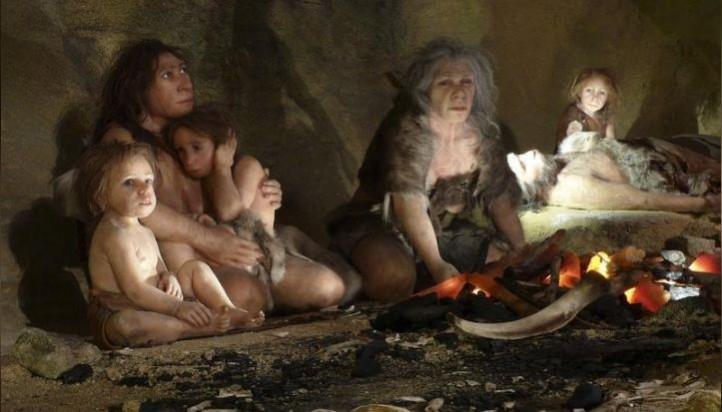
A team of scientists who analysed the genomes of West Africans has discovered signs of interbreeding with homo sapiens and a mysterious extinct human species around tens of thousands of years ago. Scientists believe that this new finding is concrete evidence of humans' complicated genetic history, and it also indicates that modern science is yet to understand complete details about human evolution.
West Africans hold the key
Scientists found that present-day West Africans have at least 2 to 19 percent gene traces of this extinct population in their body, and they have called this mysterious species of humans as a 'ghost population'. In their study report, researchers suggested that interbreeding might have occurred at least 43,000 years ago.
Sriram Sankararaman, a computational biologist who led the research at the University of California in Los Angeles told BBC that more such mysterious groups of humans will be discovered in the future.
"As we get more data from diverse populations - and better quality data - our ability to sift through that data and excavate these ghost populations is going to get better," said Sankararaman.
Interbreeding was common with Neanderthals
A few months back, another study report published in the journal Nature Ecology and Evolution had suggested that interbreeding with Neanderthals and humans were quite common during ancient times. Earlier, it was believed that humans and Neanderthals had interbred over a single period of time, but this research found that multiple interbreeding happened between these two species.
Experts believe that early humans who migrated out of Africa met with Neanderthals who lived in Europe and Asia, and thus the interbreeding happened. This finding also made several experts believe that Neanderthals should be considered a sub-population of modern humans. Previously, experts believed that Neanderthals were not as smart as humans, and as a result, they were classified as a different species by evolutionary experts.














